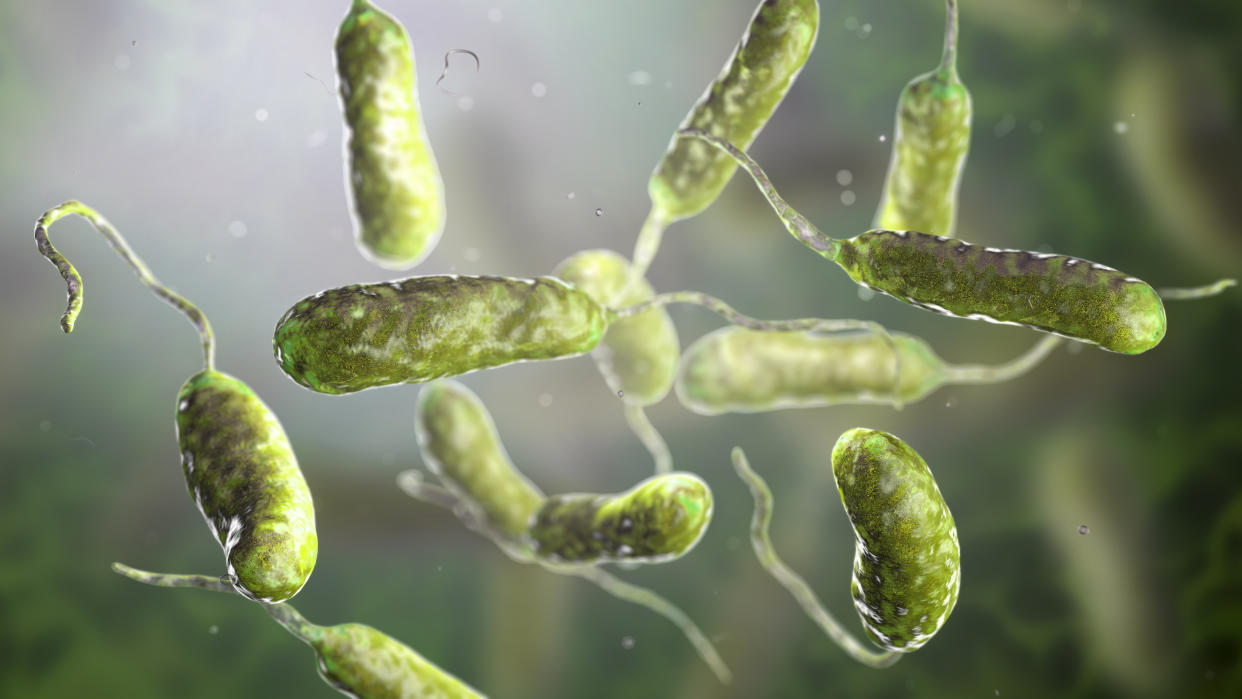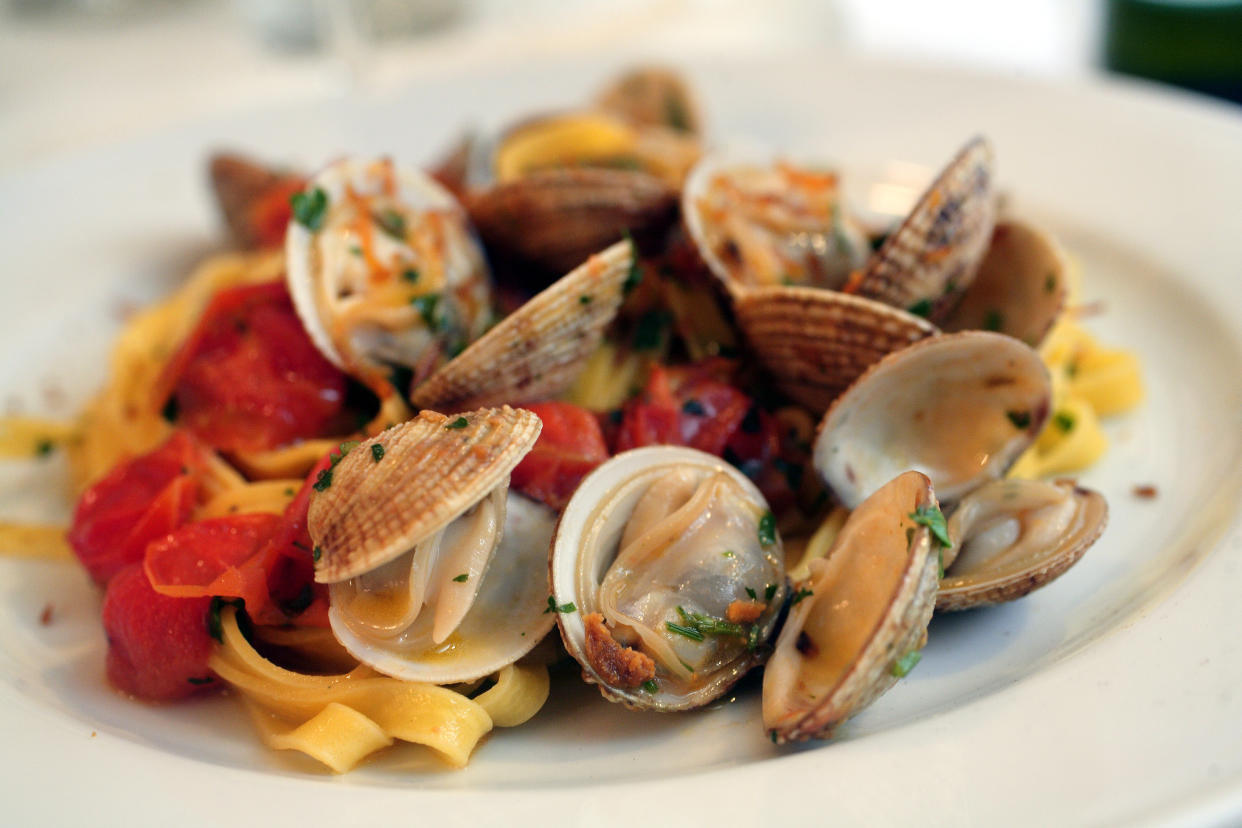Bacteria which can make people sick found in British seas as waters warm

Bacteria which can cause gastroenteritis and skin infections are flourishing in British waters as waters warm due to climate change, a new study has shown.
The study, led by the University of Exeter, found two Vibrio species - Vibrio rotiferianus and Vibrio jasicida - that have never been recorded in UK waters before.
Some Vibrio bacteria can cause gastroenteritis when eaten in raw or undercooked shellfish, and the bacteria can also cause skin infections.
"Vibrio species can often be found in UK waters in summer, when temperatures are more favourable for them," said Dr Sariqa Wagley, of the University of Exeter.
"With sea-surface temperatures rising due to climate change, Vibrio activity in the waters is more common, and the diversity of Vibrio species is now increasing."
The researchers say the spread of Vibrio species has resulted in a "worldwide surge" of Vibriosis infections in humans and aquatic animals.
Read more: Melting snow in Himalayas drives growth of green sea slime visible from space
Researchers analysed shellfish samples from four sites used by the shellfish industry — Chichester Harbour, Osea Island, Whitstable Bay and Lyme Bay.
"We found Vibrio parahaemolyticus - the leading cause of seafood-borne gastroenteritis worldwide - at Chichester Harbour," Dr Wagley said.
"Vibrio alginolyticus, which can also cause illness in humans, was identified at three of the sites that had sea-surface temperatures above 18°C (Chichester Harbour, Osea Island and Whitstable Bay).
"It is important to note that thorough cooking kills harmful Vibrio bacteria in seafood.
"However, increasing abundance and diversity of Vibrio bacteria creates health risks not only for people eating seafood, but for those using the sea for recreation purposes - either due to swallowing infected seawater or from the bacteria entering exposed wounds or cuts.

Read more: A 1988 warning about climate change was mostly right
"Vibrio bacteria are also a threat to a variety of marine species including shellfish themselves. Disease costs the global aquaculture industry £6 billion a year, and this burden of disease can be devastating.
Rising temperatures are causing a "growing diversity" of Vibrio bacteria in the sea around the UK, the research found.
The researchers say that the bacteria could potentially cause mass shellfish death.
Read more: Why economists worry that reversing climate change is hopeless
Wagley said, "We have not seen mass mortality of shellfish due to Vibrio bacteria here in the UK yet, but this has occurred elsewhere - including in France and Australia."
"Our findings support the hypothesis that Vibrio-associated diseases are increasing and are influenced by the rise in sea-surface temperature.
"We need to monitor this situation closely, to protect human health, marine biodiversity and the seafood industry."
Dr Luke Helmer, from the Blue Marine Foundation and the University of Portsmouth, added: "The impacts of climate change on the marine environment are likely to be widespread.
"Understanding how these changes will affect ecologically and commercially important species and the people that rely on them will be crucial moving forward, in order to mitigate against them."


